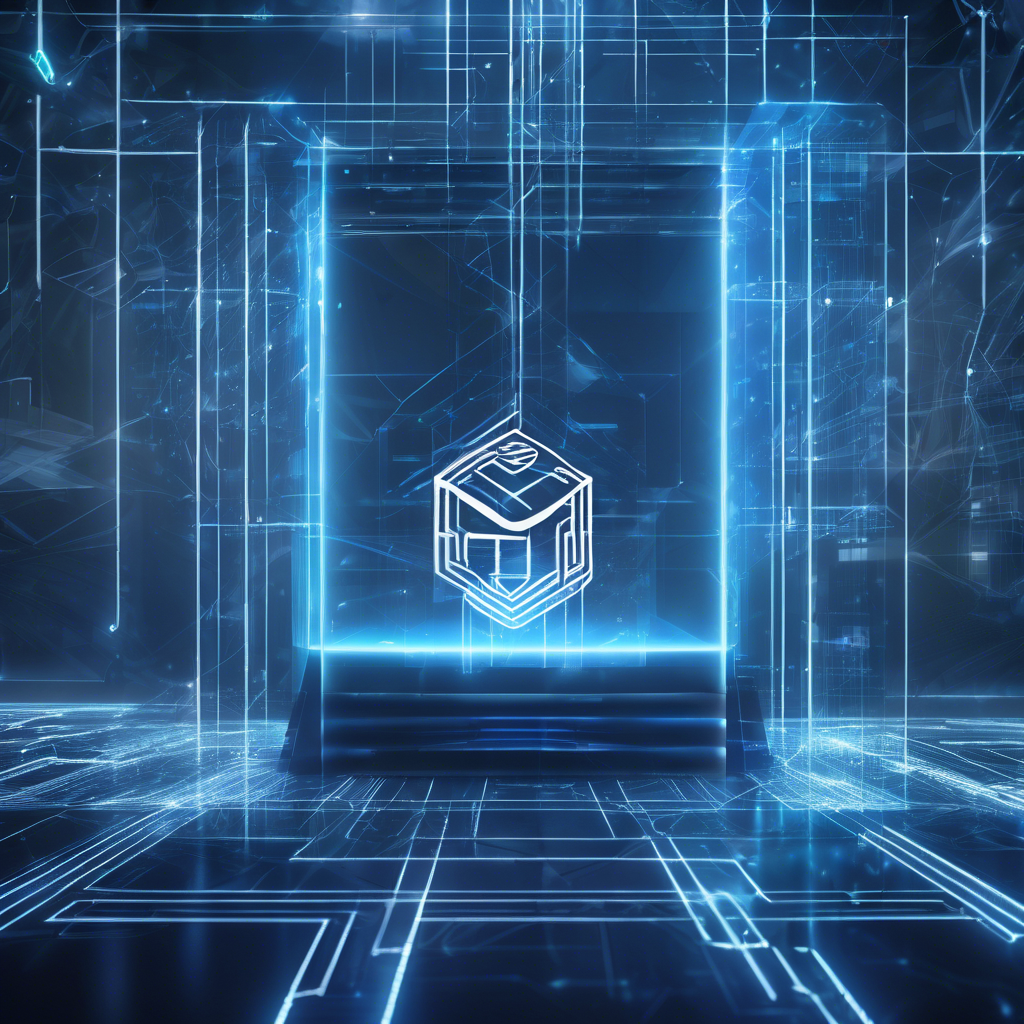The Future of AI: Advancements in Continuous Learning and Adaptation

The rapid advancements in artificial intelligence (AI) have unveiled new possibilities, particularly in reasoning models based on inference-time compute, leading to discussions about the potential for artificial general intelligence (AGI). OpenAI CEO Sam Altman and Anthropic CEO Dario Amodei both highlight the prospect of reaching human-level AI within the next few years. However, current AI systems lack a critical capability: the ability to learn continuously after training. Today’s AI operates in two phases—training and inference. After the training phase, the model's knowledge becomes static, and it cannot adapt or learn from new data during inference. To update its knowledge, the model typically requires extensive retraining, which is resource-intensive and impractical.
This limitation prevents AI from achieving continuous improvement like human intelligence, which learns and adapts in real-time. Several workarounds exist, such as model fine-tuning, retrieval-augmented generation (RAG), and in-context learning, but none achieve true continuous learning. These approaches are limited by scalability issues, the necessity of coinciding data distribution, and the ephemeral nature of in-context learning. The promise of continual learning lies in its ability to create personalized AI applications that adapt over time, enhancing user engagement and creating competitive advantages or "moats" for AI companies. In contrast to the static nature of current models, continual learning would enable AI systems to evolve based on ongoing interactions, making them more tailored to individual users. Despite the transformative potential, continual learning faces challenges, particularly catastrophic forgetting, where new learning degrades previous knowledge. Solutions in existing methods—such as replay-based techniques, regularization, and architectural approaches—have their limitations, particularly regarding scalability and adaptability to new environments. Recent innovations in continual learning have emerged, particularly from startups like Writer and Sakana. Writer’s self-evolving models adapt in real-time by storing insights in a short-term memory pool within the model layers, while Sakana's Transformer² enables dynamic adjustments of model weights based on the task context, highlighting a shift toward more adaptable AI systems. In conclusion, as research progresses in continuous learning, AI's capability to learn and adapt throughout its operational lifetime holds immense potential. This evolution will reshape perceptions of AI and redefine possibilities in the field, creating new avenues for adaptability and competitive advantage.
Brief news summary
The rapid advancement of artificial intelligence (AI) is shifting the emphasis towards reasoning models and inference-time computing, igniting conversations around Artificial General Intelligence (AGI). Experts like Sam Altman from OpenAI and Dario Amodei from Anthropic foresee significant breakthroughs as AI nears human-like abilities. A major hurdle, however, is that current AI systems cannot learn continuously once deployed, leading to a fixed knowledge base that limits their adaptability compared to human learners. Researchers are working to implement continual learning in AI but encounter challenges like catastrophic forgetting. While techniques such as fine-tuning and in-context learning offer some progress, they do not achieve true continuous learning. Nevertheless, innovative initiatives like Writer's self-evolving models and Sakana AI's Transformer² show promising potential for real-time adaptability. These developments could greatly enhance personalization and efficiency in various applications, potentially reshaping the competitive AI landscape. As research evolves, realizing continual learning may unlock extraordinary capabilities and improve interactions with intelligent systems significantly.
AI-powered Lead Generation in Social Media
and Search Engines
Let AI take control and automatically generate leads for you!

I'm your Content Manager, ready to handle your first test assignment
Learn how AI can help your business.
Let’s talk!

Watch Out For These Levels If Bitcoin Price Retur…
The Bitcoin price has not exhibited the same momentum it showed at the start of last month throughout June.

Enterprises are getting stuck in AI pilot hell, s…
Interview Before AI becomes widespread in enterprises, corporate leaders must commit to a continuous security testing regime tailored to the specific nuances of AI models

Meta in Talks Over $10 Billion Investment in Scal…
Meta Platforms is reportedly in talks to invest over $10 billion in the artificial intelligence startup Scale AI, according to Bloomberg News.

Deutsche Bank Explores Stablecoins and Tokenized …
Deutsche Bank is actively investigating stablecoins and tokenized deposits as part of its growing digital asset strategy, reflecting increasing interest in blockchain-based financial infrastructure among global banking institutions.

Apple's Struggles to Update Siri Lead to Investor…
Apple is confronting major challenges in upgrading its voice assistant Siri with advanced artificial intelligence (AI) capabilities, raising investor concerns about its overall AI strategy and competitiveness in a rapidly evolving tech landscape.

Winklevoss-led crypto company Gemini confidential…
© 2025 Fortune Media IP Limited.

Paul Brody, EY: How Blockchain Is Transforming Gl…
Paul Brody, EY’s global blockchain leader and co-author of the 2023 book *Ethereum for Business*, discusses blockchain’s impact on payments, remittances, banking, and corporate finance with Global Finance.

 Auto-Filling SEO Website as a Gift
Auto-Filling SEO Website as a Gift








 Auto-Filling SEO Website as a Gift
Auto-Filling SEO Website as a Gift

